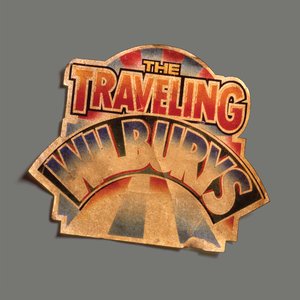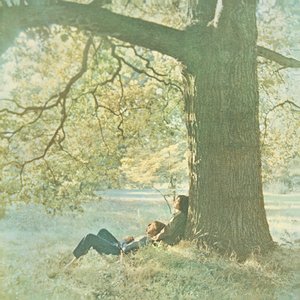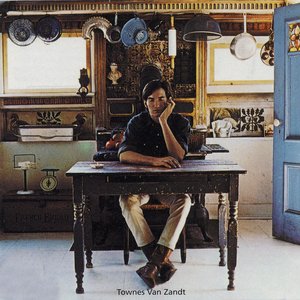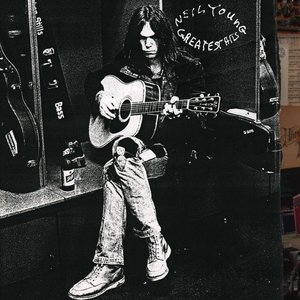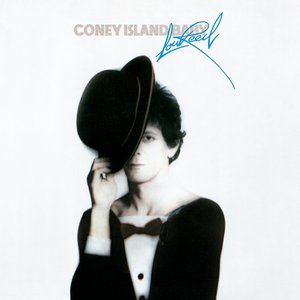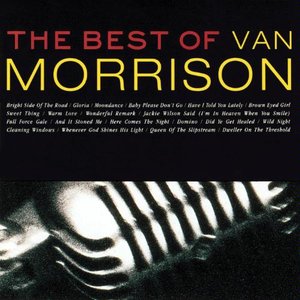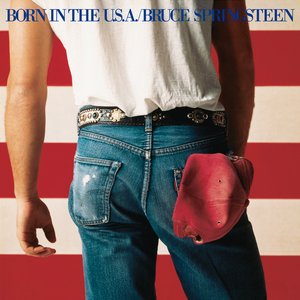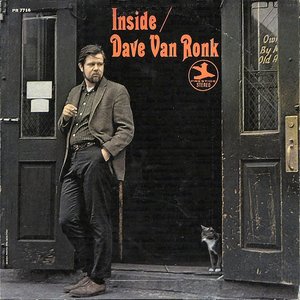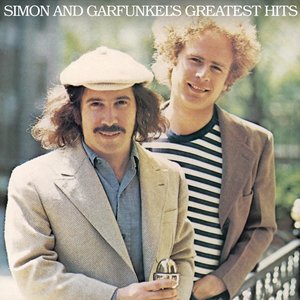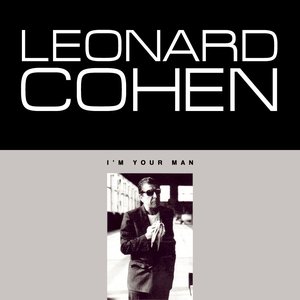Wiki
-
Release Date
2001
-
Length
12 tracks
This is the correct tag for Bob Dylan's thirty-first studio album.
There are at least three alternative spellings on last.fm: Love & Theft, Love and Theft, “Love And Theft”. These are all incorrect, so please fix your tags to keep the stats clean.
Review by Stephen Thomas Erlewine Allmusic.com
Time Out of Mind was a legitimate comeback, Bob Dylan's first collection of original songs in nearly ten years and a risky rumination on mortality, but its sequel, Love and Theft, is his true return to form, not just his best album since Blood on the Tracks, but the loosest, funniest, warmest record he's made since The Basement Tapes. There are none of the foreboding, apocalyptic warnings that permeated Time Out of Mind and even underpinned "Things Have Changed," his Oscar-winning theme to Curtis Hanson's 2000 film Wonder Boys. Just as important, Daniel Lanois' deliberately arty, diffuse production has retreated into the mist, replaced by an uncluttered, resonant production that gives Dylan and his ace backing band room to breathe. And they run wild with that liberty, rocking the house with the grinding "Lonesome Day Blues" and burning it down with the fabulously swinging "Summer Days." They're equally captivating on the slower songs, whether it's the breezily romantic "Bye and Bye," the torch song "Moonlight," or the epic reflective closer, "Sugar Baby." Musically, Dylan hasn't been this natural or vital since he was with the Band, and even then, those records were never as relaxed and easy or even as hard-rocking as these. That alone would make Love and Theft a remarkable achievement, but they're supported by a tremendous set of songs that fully synthesize all the strands in his music, from the folksinger of the early '60s, through the absurdist storyteller of the mid-'60s, through the traditionalist of the early '70s, to the grizzled professional of the '90s. None of this is conscious, it's all natural. There's an ease to his writing and a swagger to his performance unheard in years – he's cracking jokes and murmuring wry asides, telling stories, crooning, and swinging. It's reminiscent of his classic records, but he's never made a record that's been such sheer, giddy fun as this, and it stands proudly among his very best albums.
Album descriptions on Last.fm are editable by everyone. Feel free to contribute!
All user-contributed text on this page is available under the Creative Commons Attribution-ShareAlike License; additional terms may apply.

